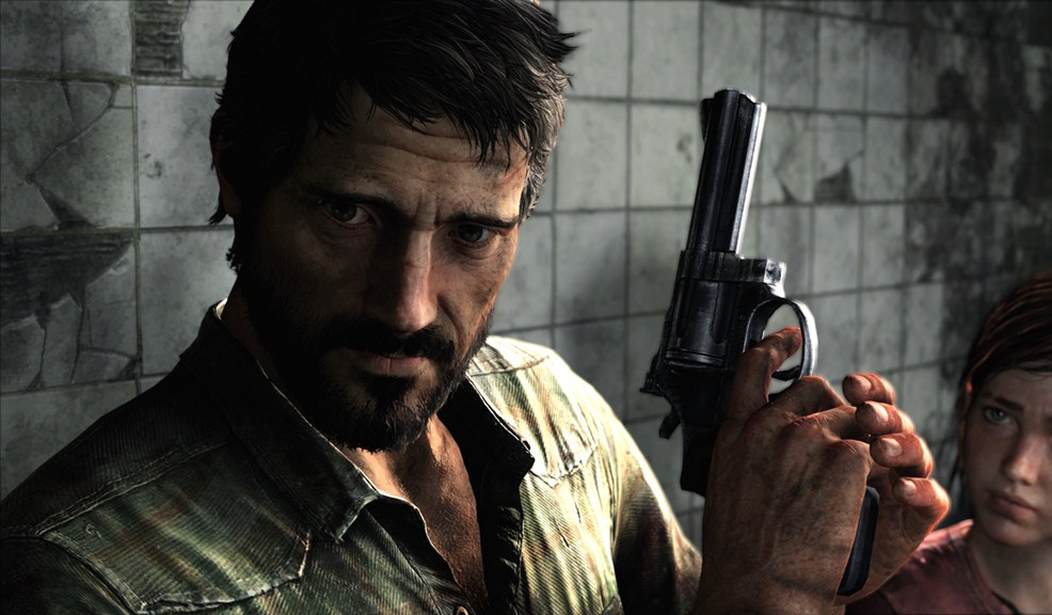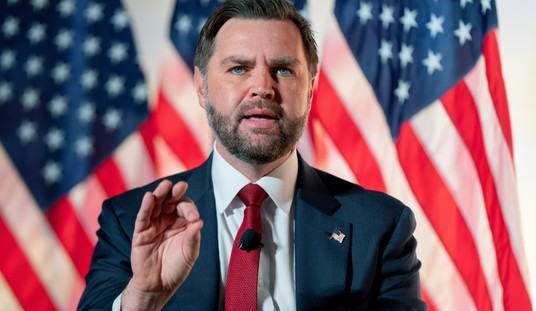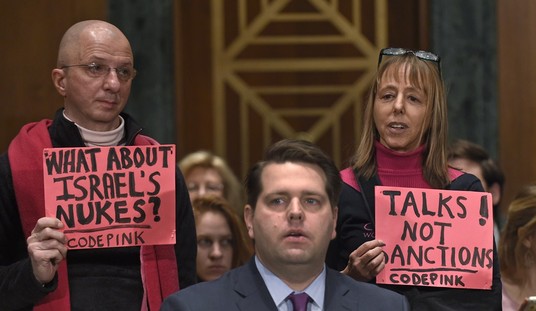A few things can really turn an audience off. One is preaching to them, or attempting to ham-fist your personal ideology into a story. Doing this makes the idea or belief look like an ill-fitting suit on what could have been an attractive body. This sadly happens far too much in today’s entertainment atmosphere.
The other is when an actor or showrunner confesses or exhibits disdain for his own audience in some way, shape, or form, a problem that’s also way too common nowadays. The director of the third episode of HBO’s “The Last of Us” did just that in a recent interview.
“The Last of Us” is a live-action adaptation of one of the most popular video games ever made. The story revolves around a man named Joel and a girl named Ellie, and their attempts to survive in a post-apocalyptic world where the cordyceps fungus, popular for mind-controlling and mutating animals, has mutated into being able to take over humans.
According to Inverse.com, director Peter Hoar confessed that when he directed the gay romance between actors Nick Offerman and Murry Bartlett’s “Bill and Frank,” the former of which you meet in the game, he wanted to fool the audience into viewing the two characters falling in love so that they’d be okay with seeing gay love on screen:
It’s about heart and love and truth. They are kind and gentle to each other. Middle-aged men falling in love, you don’t get that all the time, so I think that was nice. They’re just such professionals. They didn’t need much help and guidance other than just feeling good every day about what we were doing.
Sometimes you have to sort of trick the rest of the world into watching these things before they’re like, “Oh, my God, it was two guys. I just realized.” I think then they might understand that it’s all real. It’s just the same love.
Here we now see the two aforementioned issues arise. Firstly, this was a big departure from the source material. In the game, Frank hated Bill and planned to steal his stuff and run off, only to die in the process. In the show, Frank and Bill loved each other dearly and committed suicide together by the end of the episode, after confessing their love and appreciation of one another.
It changes the dynamics of Bill’s character and thus the part of the story with him in it. Bill is a loner and a prepper whose inability to change and work with others has him wind up alone, adding to the tragedy that is the story and getting across a really great message.
“The Last of Us” fans likely expected to meet this Bill but got the Bill presented by Hoar, a man who does change and winds up killing himself because he can’t be without Frank. You still get a tragedy, but one that’s a bit shallow.
This leads to the second major issue, and it’s that Hoar, and “The Last of Us” creator Neil Druckmann, don’t seem to have a very deep respect for the game’s fans. Hoar believing he needed to “trick” people into being okay with something they might not be okay with on a personal level exhibits the first two reasons people turn away from shows I listed above.
It’s possible for people who aren’t okay with homosexuality on a personal level to enjoy something that has gay romance in it. The show “Schitt’s Creek” is a good example of this. It doesn’t preach, it’s just part of the story.
To be sure, the third episode manages to have a lot of great acting on the part of Offerman and Bartlett, two comedic characters who really display their acting chops. This episode would likely fly as a stand-alone, and even for many viewers, this episode still might have worked well despite the changes. For all intents and purposes, it was well done.
But confessing the need to fool those “others” into liking an episode, so they can get a pro-gay message across, is saying that preaching was as much a goal as storytelling to a group of people who he thinks needed to learn a lesson in acceptance was necessary.
Hoar and Druckmann turned what could have been something decent into an insult. At the very least, it’s more proof that these modern-day entertainers see themselves as would-be priests of modernity–who need to condescend to you about what is and isn’t moral through their art.












Join the conversation as a VIP Member